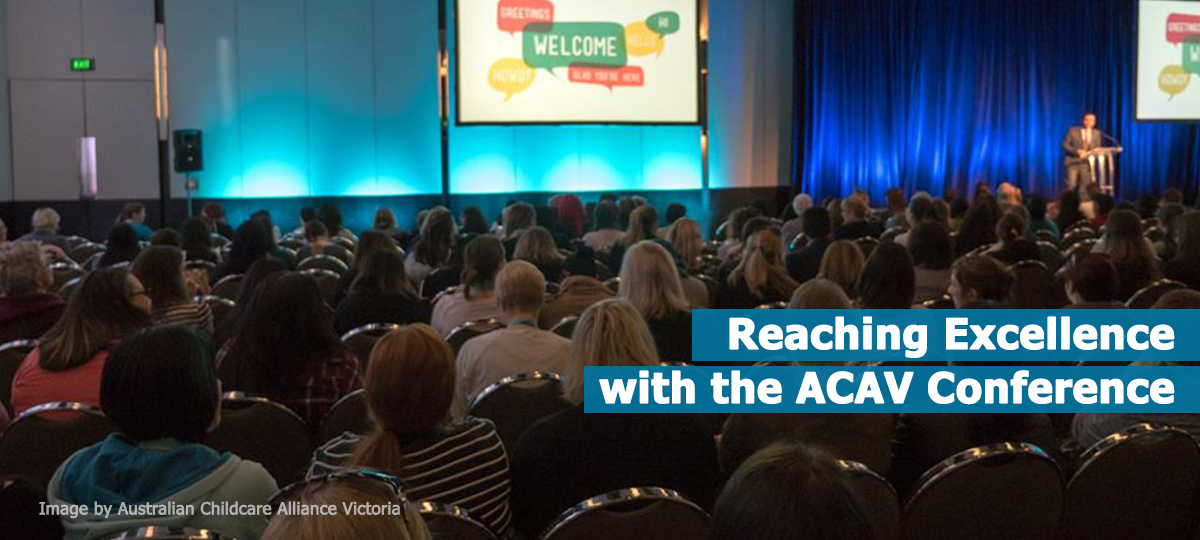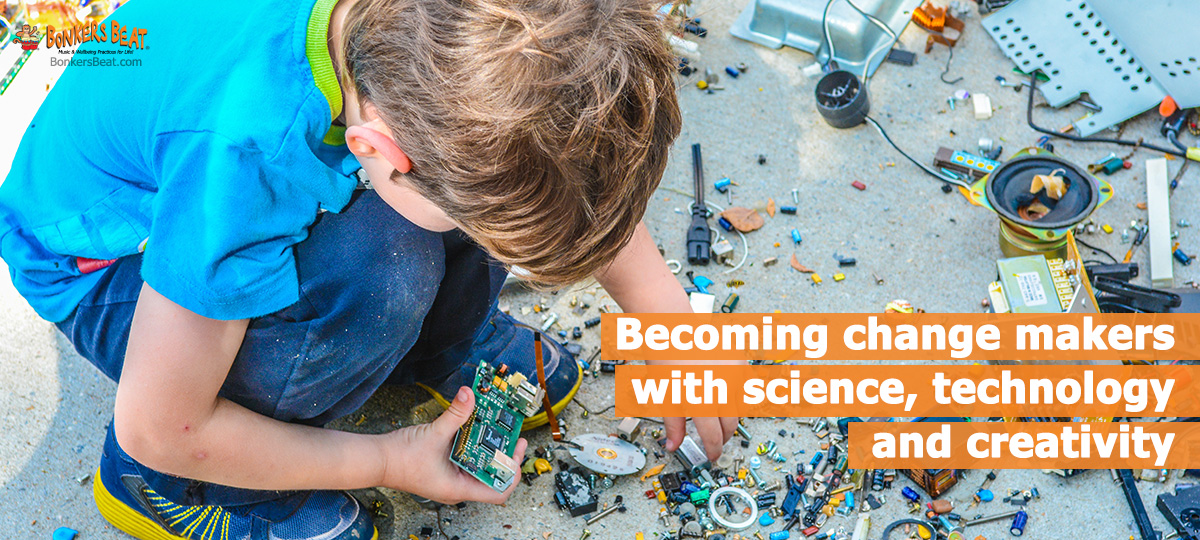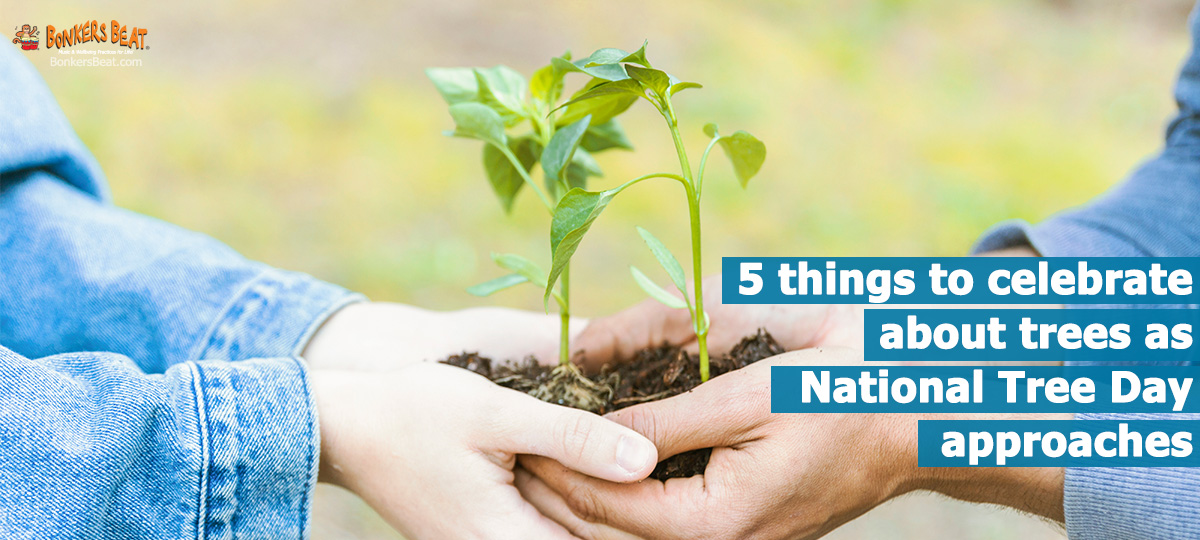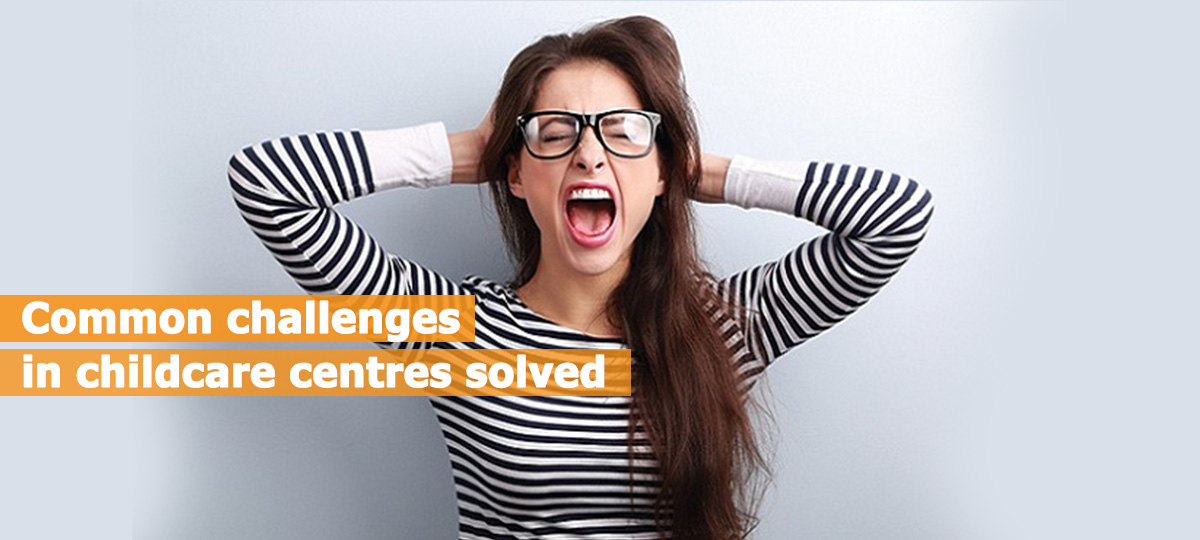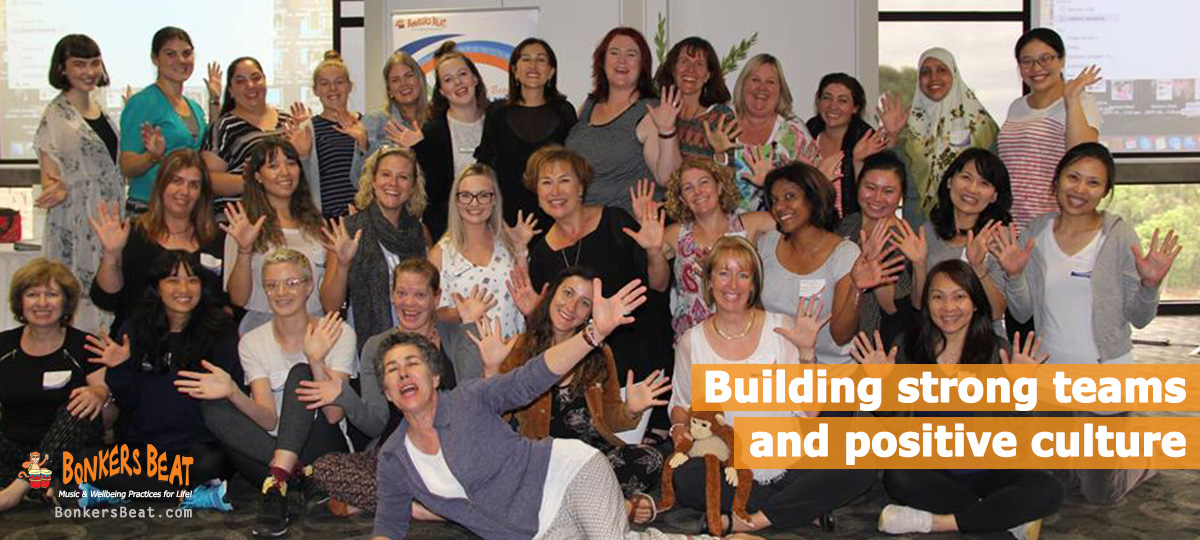It’s not the first time we’ve said it and it certainly won’t be the last: providing early childhood educators with continuous, high-quality training and development opportunities is vital for many reasons. For educators’ wellbeing and motivation levels; for children’s development and quality of care; for the overall success of any childcare business.
For a while there with LDCPDP funding, we were free to test a range of professional development options and explore different styles of training to upskill and motivate early childhood educators. Now we need to be more selective, choosing training options and programs that work for us and give us real, tangible results for our centres and educators.
This year on 17 and 18 of August, ACAV is hosting the 2018 Excellence in Early Childhood Education and Care Conference and we’ll be there. As many of you are probably aware, excellence has been a theme for Bonkers Beat this year, with our Music Kinder in Aspendale centre receiving the honour of an NQS Excellent Rating!
We’re excited to have a stand at this fantastic industry event, featuring engaging keynote speakers such as Dr Justin Coulson, Fabian Dattner and Professor Ann Farrell, as well as a debate, exhibition and topics specifically covering NQS outcomes.
ACAV conference will have a wide range of topics covered and the program is organised in three streams:
Leadership & Viability
Educational Program & Practice
Partnerships & Physical Environment
Our innovative programs that we will be showcasing at the event take a practical and evidence-based approach to these areas, with a focus on positive outcomes, always. At our stand you can explore what makes our programs so effective, discovering the ongoing training and support we provide to educators all over the country both online and offline. So, come and chat with us at the Excellence in ECEC conference exhibition to learn why our programs are the key to excellence in childcare!
If you haven’t registered to attend the event yet, there’s still time! Head here to buy tickets. This conference is a must-attend for anyone with a passion for succeeding and achieving excellence in early childhood education.
Please don’t forget to come and say ‘Hi’. We look forward to seeing you at Bonkers Beat stand #38!

